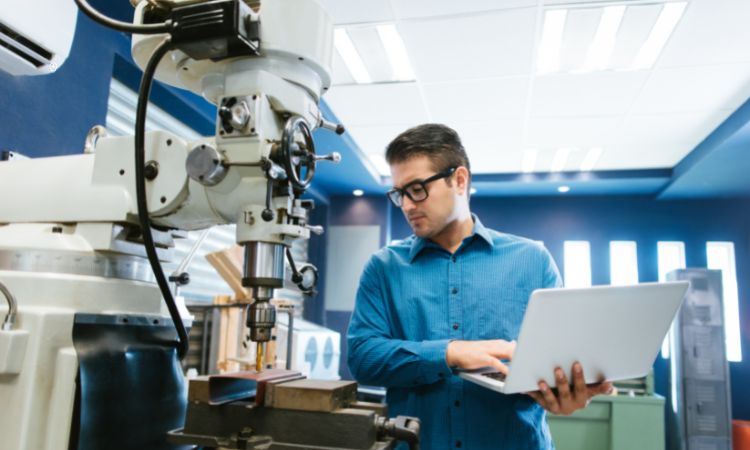Calibration is necessary wherever equipment and measurement are concerned. Be it in the food industry or manufacturing, the accuracy of your technology can directly impact customer satisfaction, brand image, and compliance with regulations. By calibrating your equipment, you can eliminate any uncertainty involved in the business process, thereby improving the quality of your service.
There are endless scenarios in daily life where the right values displayed across instruments make lives easier. For instance, imagine the pickle you will be in if your odometer was never calibrated, or the equipment used in drug manufacture no longer showed calibrated values. Even the food at your favorite restaurant would not be the same anymore.
Table of Contents
What Do You Mean by Calibration?
It is a point of concern if you have been in business for a while and have not come across the term calibration. In case you didn’t know, calibration is a process where measurement values of a particular device are compared and displayed against a known and accepted standard. It usually involves adjusting the output that the gadget under test produces to be proportional to an applied standard of the said output. Recalibration of a device is done when the obtained measurements steer away from an acceptable range of values.
Usually, the value that the device’s output is measured against must be 10 times greater. A more acceptable proportion is the 3:1 ratio. If your device is out of calibration, it needs to be repaired. A calibration service expert can give you more tips on what kind of reset or repair your instruments need.
Why is Calibration Important?
In the simplest terms, calibration is important because it ensures that your equipment is reliable. For any testing or measuring instrument, calibration ensures that the results produced are accurate. Moreover, it also keeps the measurements reliable and constant with the other measurements made in the industry.
When it comes to innovation, research, and development, equipment needs to be precise for the successful planning, execution, and implementation of projects. If you need to be confident about any solution your company makes or vouch for the efficiency of the product, you need to have precise documentation about everything involved in their creation, and calibrated tools help you with that.
Benefits of Calibrating Equipment
Surely, you purchased testing equipment to ensure you have access to precise measurements, no matter what you are doing. From improving the company’s bottom line to maintaining safety regulations, the benefits of calibration are far-reaching.
Increase Profitability
When materials are utilized without any measurement to regulate their usage, the company will incur added costs in material charges. Especially in the food or pharmaceutical industry, measurements being off the mark can lead to a dip in reputation or even lawsuits.
Increase Revenue
There are numerous ways to increase revenue for your brand, and exploring every option is worth it. However, offering quality products and solutions to customers is the easiest way. Calibration can be of immense help in keeping a high standard for products.
Cut Costs
When you have the measurement perfect, the chances for errors in production and the subsequent recall of products go down by a large margin. This can be the dealbreaker in how customers perceive your brand. In addition, the life of other equipment is maintained when you get the process right from step one.
Is There a Right Time to Calibrate a Testing Instrument?
In time, every testing and measuring tool you have will lose its accuracy. This is totally normal when instruments are used regularly. Yet, such changes can also be caused by power fluctuations, physical damage, or even exposure to damaging chemicals. Depending on the frequency of use or the environment in which the equipment is stored, the changes may appear accelerated or slowed. Users are usually advised to set up procedures for calibration at regular intervals to assure product quality.
Otherwise, testing equipment needs to be calibrated according to the guidelines mentioned by the manufacturer. In case of any shock to the equipment, recalibrating is important. It is also recommended to check the equipment’s accuracy annually, quarterly, or monthly.
People often fail to note that using non-calibrated equipment often comes with high risks and hidden costs. This could be higher than the cost of getting the tools checked. Wherever measurements make a difference, calibration plays a key role, and you need to make sure that the outputs produced by your measuring devices fall in the accepted range.
Final Thoughts
When you look at it, the importance of calibrating equipment varies across situations. In one case, it may only result in a slightly off-key flavoring of your new dish, whereas somewhere else, it might be the difference that changes the course of groundbreaking discovery or the length of someone’s life. Obtaining accurate results is the purpose of using testing devices in the first place. There is no reason why you should be using uncalibrated equipment.


